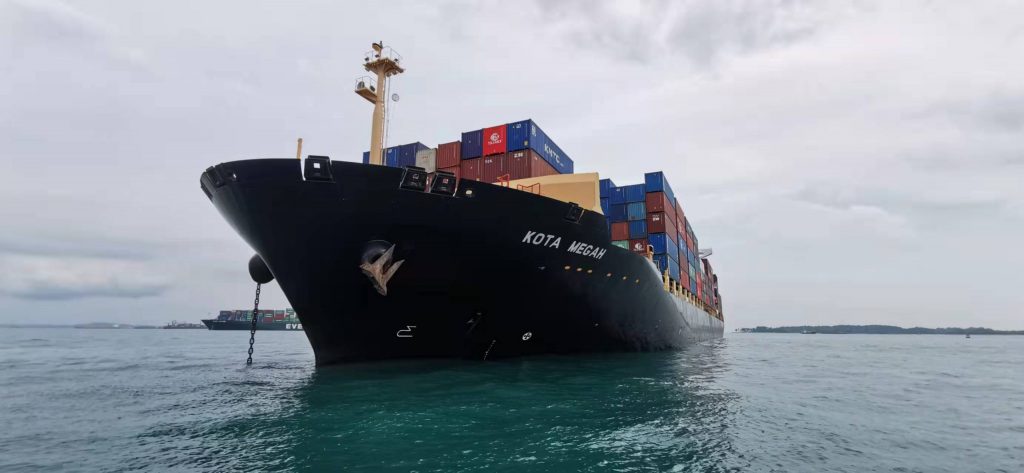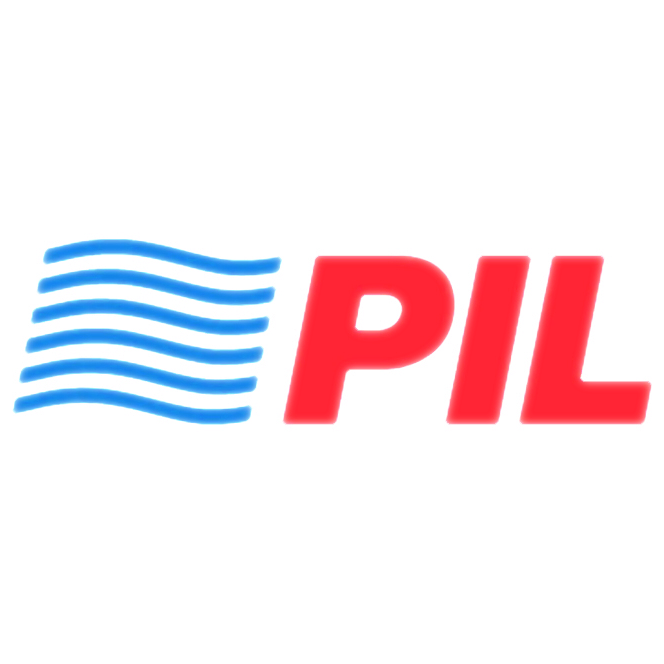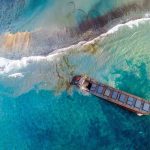As part of ongoing efforts to achieve its decarbonisation objectives, Pacific International Lines (PIL) is pleased to share that it is conducting a trial use of marine biofuel on its container vessel “Kota Megah” when it called at the port of Singapore on 10 April 2022.
The main aim of the trial is to test the feasibility of using marine biofuel on the engines of the vessel, and to obtain first-hand data on the potential carbon and other emissions. With the experience, PIL will be able to better assess the technical and commercial viability of using biofuel as a potential “drop-in” fuel solution to achieve the overall reduction in carbon emissions of its vessels.
Mr Lars Kastrup, Co-President and Executive Director, PIL, said, “This marine biofuel trial is another important step for us in our journey towards reducing carbon emissions across our fleet. While we have identified LNG, which reduces carbon emissions by around 20%, as the most immediate and pragmatic transitional fuel option for the ships which we recently ordered, we are also looking at similar practical solutions for our existing ships. We will continue to play our part in exploring and investing in the variety of decarbonisation solutions and technologies. We believe such investments are necessary to support the scaling up of the supply and infrastructure so as to enable the wide-spread adoption of the net zero fuels of the future.”

PIL Kota Megah (3,500 TEU)– Arriving at Singapore for biofuel bunkering
The type of biofuel on trial is a blend of fatty acid methyl esters (FAME) and very low sulphur fuel oil (VLSFO).
FAME is a renewable alternative fuel largely produced from recycled cooking oils and renewable oil sources. It has physical properties similar to conventional diesel, and is also non-toxic and biodegradable. The origination and production of the feedstocks used to produce FAME is certified for its sustainability to internationally recognised standards.
PIL’s vessel involved in this trial, Kota Megah, is plying the China Pakistan Service (CPS) route. From Singapore, it sailed on to Port Kelang, Nhava Sheva, Mundra, Karachi, Colombo, Port Kelang, Hong Kong and finally Shanghai.
Source: Hellenic Shipping News






